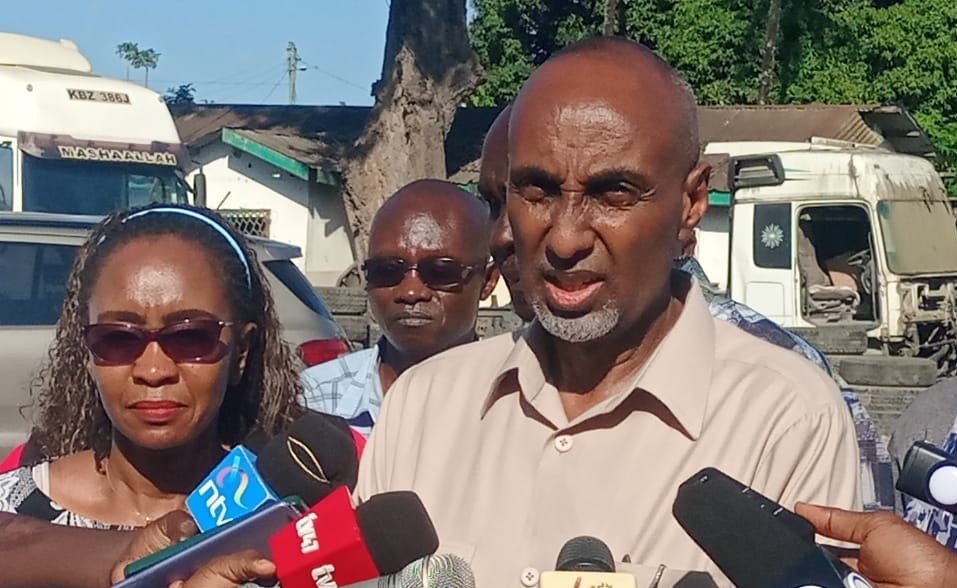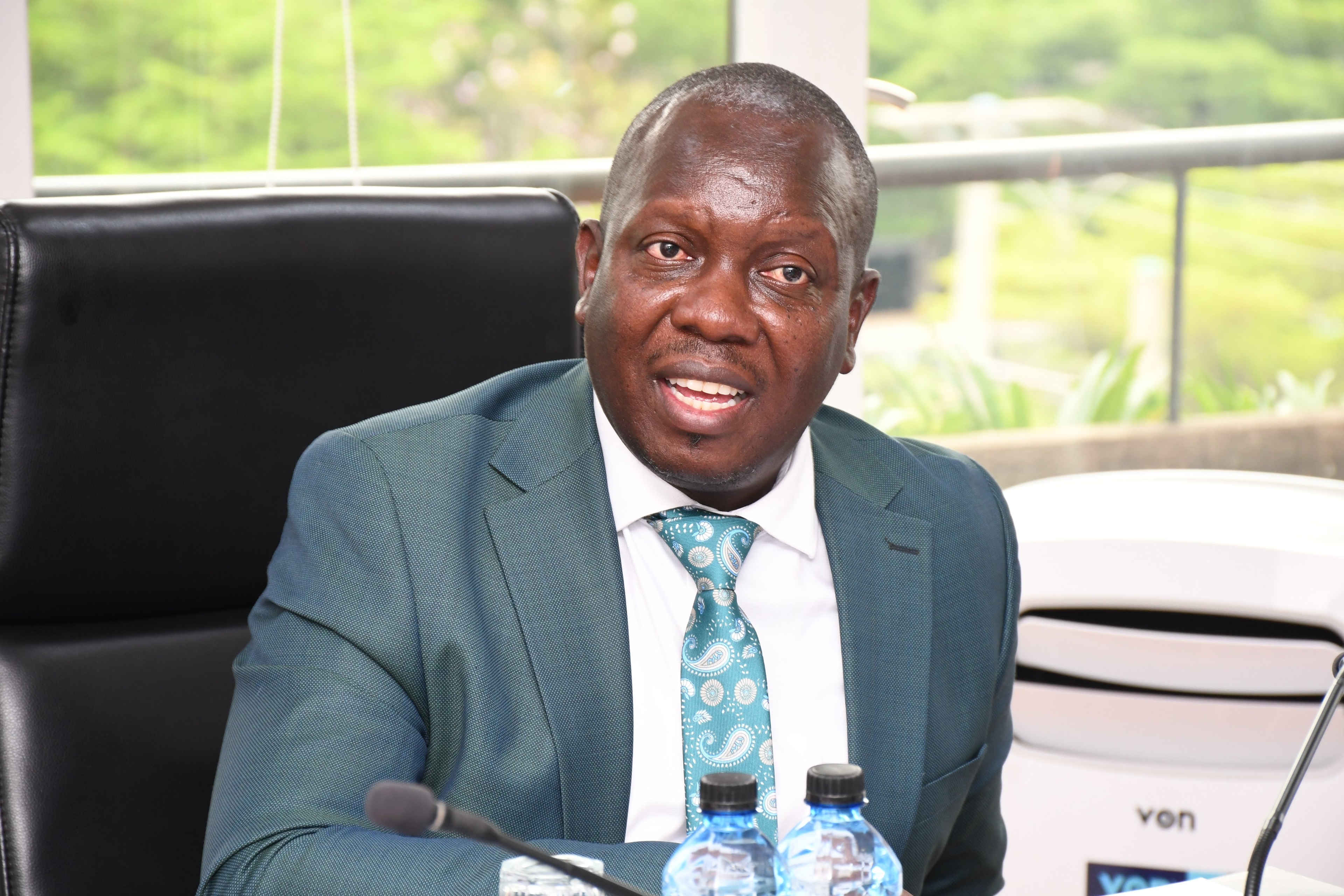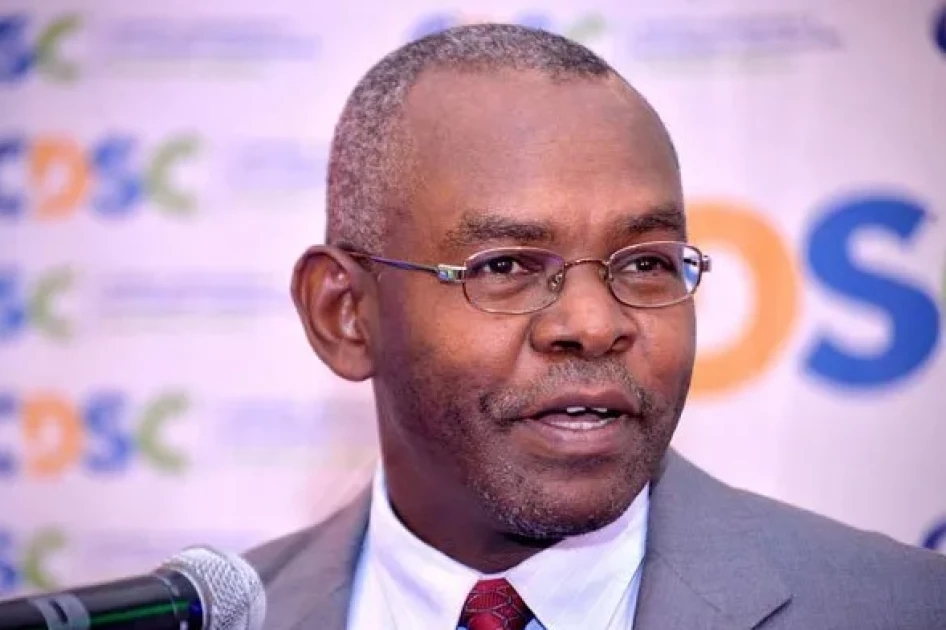Only 33 per cent of Kenyans have access to safely managed sanitation in the country, Water Cabinet Secretary Eric Muriithi has said.
The CS has further confirmed that at least 27 per cent of Kenyans don’t have access to clean water nationally.
Muriithi, spoke during the official opening of the 13th edition of the Water Companies Sports Organisations (WASCO) games in Murang’a town said the numbers call for concerted efforts by all stakeholders to raise water coverage to 100 per cent by 2030.
He said measures are being put in place to enhance water resource management, water harvesting and storage, water supply and infrastructure, and sanitation facilities.
This, he said, will ensure every Kenyan has access to clean drinking water and proper sanitation as provided for by the constitution.
Muriithi noted that it’s the government’s responsibility to ensure there’s universal access to water and sanitation, and food security through the provision of irrigation infrastructure.
“Stakeholders in the water sector need to leverage technology to enhance efficiency in water production and management,” he said, calling for the installation of smart water meters to reduce non-revenue water.
Further, Muriithi underscored the need for water utilities to embrace innovative solutions to some of the persistent challenges facing them,, including the harnessing of energy from wastewater treatments and the production of fertilisers to provide an alternative income.
The CS said his ministry is in the process of developing a financing plan that leverages climate funding to facilitate sustainable water management in the country.
Water Principal Secretary Julius Korir explained that the government loses Sh195 million cubic meters of non-revenue annually.
This, he said, is partly due to the outdated water infrastructure being used by most water companies, which sees them lose about Sh10.2 billion annually.
“My call is to governors to champion the reduction of non-revenue water in their counties,” he said, adding that the issue is aggravated by improper governance.
Governor Irungu Kang'ata noted that his administration has disbursed about Sh2 million to every ward for the piping of water to homes.
“We have also been supporting water companies in buying meters to reduce the cost incurred by residents as they get connected to water.”
















